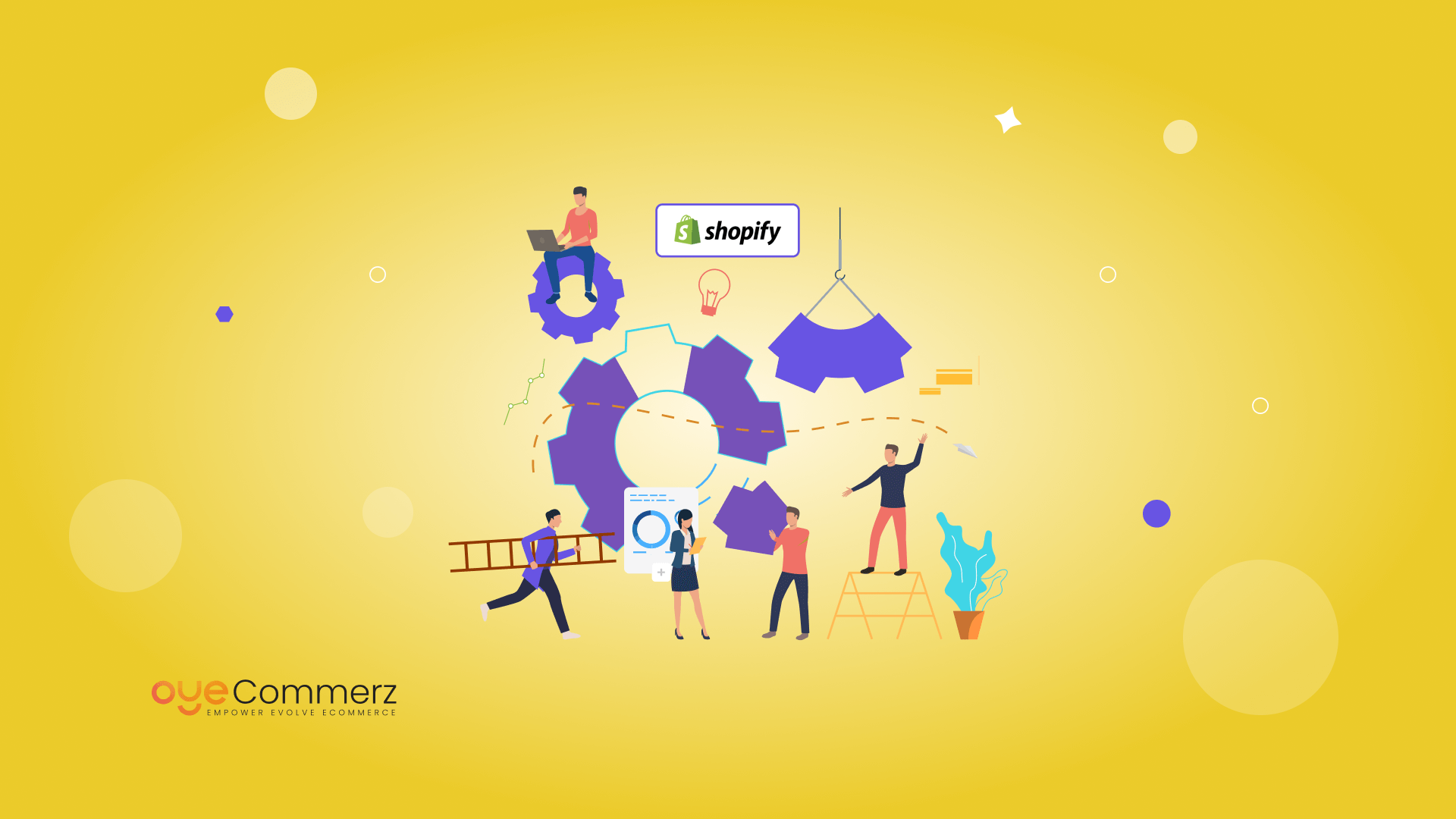Overview
In the current competitive e-commerce environment, standing out is essential, and one of the best ways to differentiate a Shopify store is through tailored app development. A robust Shopify app can enhance store capabilities, simplify processes, and elevate customer interaction. This article delves into key elements of Shopify app development, covering API integration and app ecosystem to scaling strategies and promotion methods, providing a roadmap for companies looking for unmatched store efficiency.
Why Shopify API Integration Matters
Shopify’s API provides powerful tools to personalize and extend store capabilities. With the GraphQL and REST API options, developers can access data to build applications that handle inventory control, order processing, and customer information management seamlessly. Integrating Shopify’s API can enable improved workflow automation and allows stores to assist shoppers more efficiently.
Utilizing the Polaris Design System
Shopify’s Polaris is Shopify's design system for designing user-friendly and accessible Shopify apps. By following Polaris guidelines, developers guarantee that apps seamlessly integrate within the Shopify Admin experience. This ensures a cohesive appearance that resonates with Shopify merchants, encouraging usability and familiarity for merchants utilizing your tailored app.
Understanding the Shopify App Ecosystem
The Shopify app ecosystem provides numerous opportunities for enhancing online stores. From handling order fulfillment to boosting customer engagement, apps in this environment are designed to meet diverse business needs. Learning about this system helps developers in identifying unique app opportunities and enables smooth connections of third-party services that add value to the store.
Developing Embedded Shopify Apps
Embedded apps work seamlessly within the Shopify Admin, allowing a seamless experience for merchants. They ensure that merchants don’t have to leave their Shopify dashboard, streamlining their workflow. Using Shopify App Bridge and embedded app features is recommended for offering a cohesive, integrated user experience.
Using Node.js and React for Shopify Apps
Node.js and React have emerged as ideal tools for Shopify app development. This server-side framework enables efficient back-end services, Oyecommerz Shopify development while React enables dynamic, responsive front-end design. Combined, they offer an excellent platform for creating speedy, growth-ready Shopify apps that improve store functionality and customer interaction.
Webhooks in Shopify Apps
Webhooks allow real-time data updates between Shopify and an external app. They trigger events such as order creation or inventory updates and send instant notifications to your app. By implementing webhooks, apps can provide up-to-date information to store owners, simplifying processes and increasing efficiency.
Customer Engagement and Digital Marketing for Shopify Apps
To make a Shopify app successful, engaging customers is key. Utilizing digital marketing strategies like SEO, email marketing, and social media campaigns can drive app adoption. Additionally, designing apps with customer engagement in mind (e.g., loyalty programs or personalized recommendations) increases user retention and satisfaction.
Making Your Shopify App Scalable
As e-commerce stores expand, so do their technology requirements. Making sure that your app can manage higher usage, larger data sets, and more complex functionalities is essential. By optimizing server resources and implementing scalable solutions, you can create apps that expand in tandem with a store’s success.
Essential Features and Maintenance for Shopify Apps
For an app to be useful, it should include key capabilities like user authentication, dashboard analytics, and customer support options. Ongoing app upkeep, with updates to Improving Shopify store performance fix bugs and compatibility checks with new Shopify features, is important to maintain uninterrupted performance and prevent disruptions to merchant workflows.
Summary
Custom Shopify app development holds vast potential for e-commerce businesses, providing the ability to enhance store functionality, streamline processes, and foster customer loyalty. From integrating APIs to ensuring scalability and customer interaction, building a Shopify app involves thoughtful preparation and strategic execution. If you’re ready to elevate your e-commerce experience, a tailored Shopify application could be the ideal choice. What capabilities do you envision for your dream application? Share your thoughts and begin the journey to an enhanced e-commerce experience!

Comments on “Enhance Your Online Store: Custom App Development for Shopify to Boost Performance”